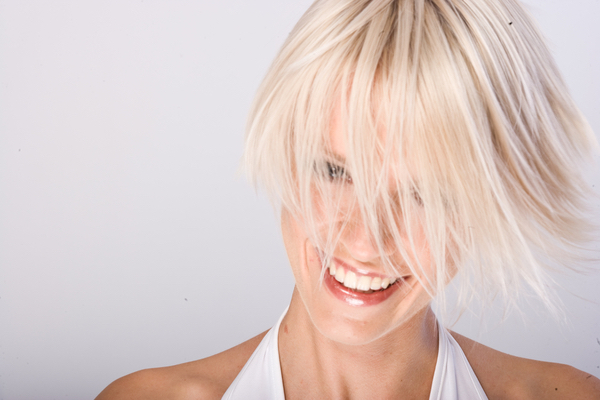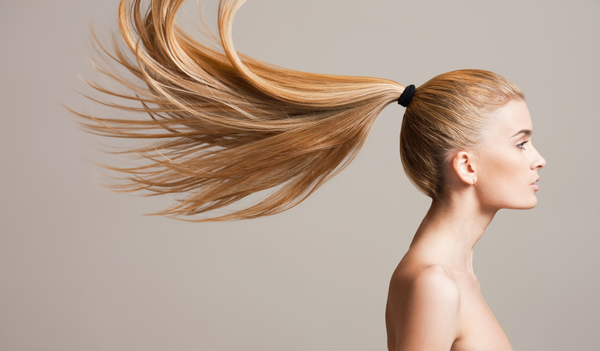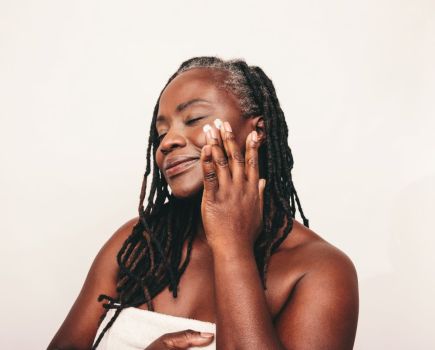An estimated eight million women in the UK suffer from hair loss and stress is often a cause. We look at tweaks to help your barnet stay beautiful.
Regardless of style, length or colour, our hair has always been central to our identity and self-expression.
Indeed, hair quality is often one of the first things to go when stress levels rise. Texture and volume can diminish and hair loss may even occur.
Hair getting thin?
Old wives’ tales would have you believe that stress, or a shock, can cause hair to turn white or fall out overnight. It’s not a million miles from the truth. Stress can alter the body at a cellular level, which can damage the hair follicle and hair colour stem cells, causing white hair. Stress also makes your adrenal glands produce cortisol.
‘This pushes the hair follicles out of growth phase and into resting phase, after which they fall out,’ says Bianca Estelle, founder of Vitamin Injections London (vitamininjections.co.uk). This type of hair loss is called telogen effluvium.
Unlike the lost strands of hair you may normally see when washing or brushing, telogen effluvium causes the hair to fall out in large quantities.
Stress-related hormonal imbalance can also occur by way of higher than normal levels of testosterone. This can convert to dihydrotestosterone (DHT) which causes the hair follicles to shrink and therefore for the hair to fall out.
In men, this tends to manifest as a receding hairline, while women are more likely to experience an all-over shedding and thinning.
On the other end of the spectrum, too little progesterone can lead to oestrogen dominance, which also triggers excessive shedding.
The affects of stress
Part of the problem, of course, is that human beings are more stressed than ever before. ‘Modern day stress is a beast more complicated than our bodies were designed to handle,’ says Simone Thomas, leading trichologist and hair-loss expert.
‘Our adrenalin-releasing “fight or flight” system has protected us from harm for centuries, but today, people are all too frequently in a perpetual state of high stress – and this has physical ramifications, of which hair loss can be one,’ says Simone. This
is due to the high levels of cortisol coursing through your blood, which tells your body that you’re under stress.
Pulling your hair out
Hormones aside, stress can also lead to people pulling at their hair, albeit unconsciously. ‘Some people can feel an irresistible urge to pull at their own hair,’ says Bianca.
‘This is called trichotillomania, and may involve hair being pulled from the eyebrows, eyelashes or head – anywhere on the body where hair grows.’
The condition can cause damage to the hair follicles, leading to prolonged or even permanent thinning or loss.
Attacking your immune system
Yet another problem that can arise is the body attacking its own immune system, which can affect hair follicles leading to alopecia, also known as alopecia areata.
‘Although some is genetic, most of the hair loss we see is brought on by lifestyle,’ she says. ‘Stress is one factor, but this in turn can affect diet and the intake of vitamins or minerals which are essential for healthy hair.’
In other words, when you’re stressed, you’re less likely to eat well – and stress can also affect digestion, which compromises your ability to absorb the vitamins contained in your food.’
Not enough nutrients
In addition, it seems that when dishing out the available nutrients, your poor scalp and hair are often last in the queue. ‘Since they’re not vital organs, they don’t get prioritised when it comes to receiving nutrients,’ says Simone.
‘For this reason, they often need extra help. Extra B vitamins, zinc, selenium and magnesium can all benefit hair health enormously.’
Many of the vitamins and minerals that improve hair health are also the ones that help with stress management, so incorporating foods rich in these can help to make the anxieties of life more tolerable.
B vitamins, found in turkey, meat, brown rice and asparagus and kale, among others, support your nervous system. Magnesium, present in dark leafy greens, salmon and tuna, assists in staving off depression and high blood pressure. These are both adjuncts of stress.
In terms of other lifestyle changes, Bianca suggests the following: ‘Take steps to manage stress levels. It doesn’t matter whether this is exercise, yoga, mindfulness, developing good sleep habits, cutting out caffeine and alcohol – or even a mix of all of these, what’s important is that it works for you.’
5 hair-boosting essentials
The following will help you get thicker hair from within and without!
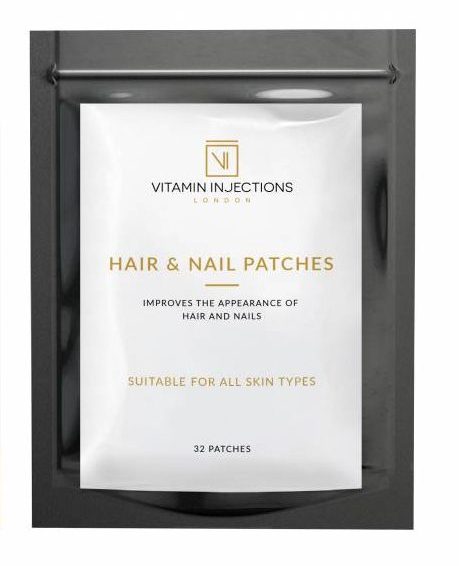 Patch it up!
Patch it up!
Packed with essential nutrients, the Hair & Nail Patches by Vitamin Injections London (£59.99 for a month, vitamininjections.co.uk) deliver vitamins through your skin to ensuring more than 90 per cent of the ingredients reach your bloodstream.
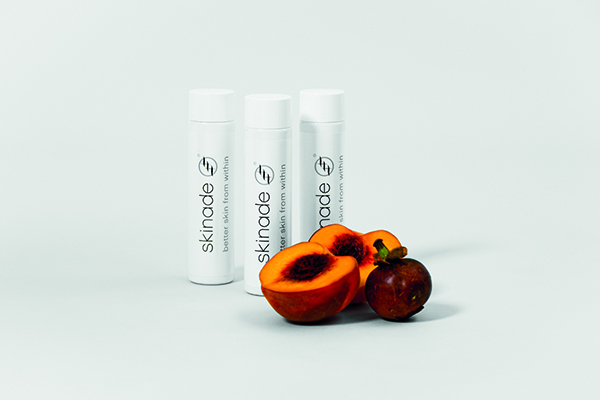 Boost collagen
Boost collagen
Scientifically proven to boost hair and nails, Skinade (£115.50 for a 30-day supply, skinade.com) delivers collagen in a liquid form. It aims to trigger your body’s own collagen production.
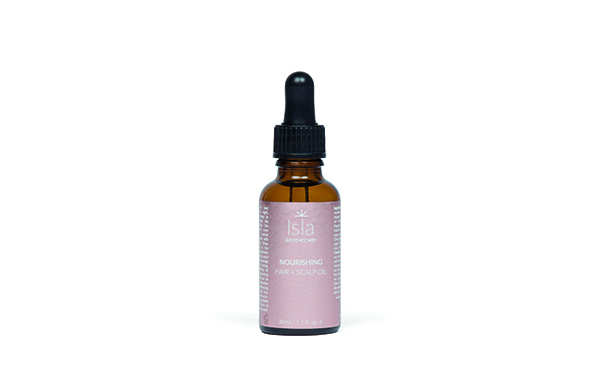 Add an oil
Add an oil
The Nourishing Hair & Scalp Oil by Isla Apothecary (£20, islaapothecary.com) contains a medley of oils designed to nourish and clarify your scalp. Massaged in, it will boost circulation, carrying essential nutrients to your follicles for healthy, strong, growth and regrowth.
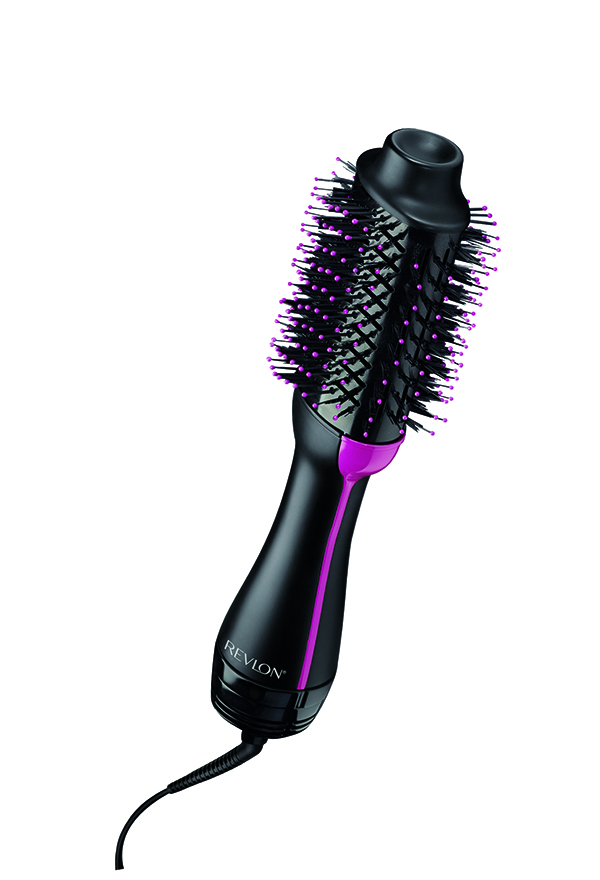 Create instant volume
Create instant volume
Vitamins and lifestyle changes take time to work. So for instant results, try the new Revlon One-Step Hair Dryer and Volumiser (£59.99, boots.com). It combines the power of a dryer with the volume of a styler. The device reduces heat exposure and minimises damage.
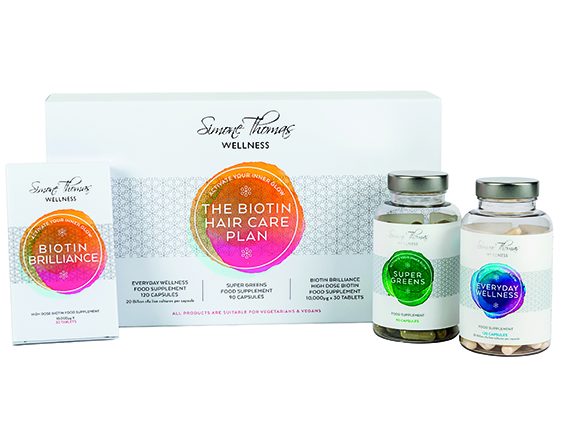 Support for healthy growth
Support for healthy growth
The new Simone Thomas Hair Care Plan (£130 for a month’s supply, simonethomaswellness.com), comes in two formulas. One is based on biotin and one on ginkgo. Both help improve condition and growth and contain high-grade vitamins, minerals, herbs and antioxidants.

